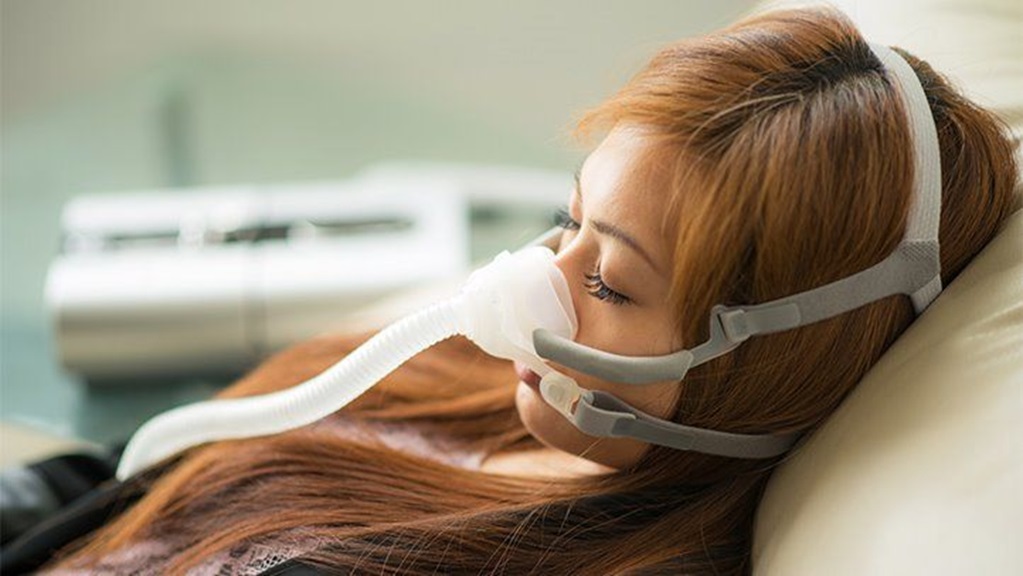5 Top Sleep Apnea Treatments In New Zealand And How They Work

Sleep apnea is a very serious condition and one of the most common sleep disorders. Pauses characterise breathing during sleep that is so severe that they cause the individual to wake up gasping for air. It can be extremely dangerous and even fatal if left untreated. However, several treatment options are available for people suffering from sleep apnea. This blog post will discuss the top five sleep apnea treatments in New Zealand and how they work.
CPAP Therapy
Continuous Positive Airway Pressure (CPAP) is the most common and effective treatment for sleep apnea. A machine blows air into your throat to keep the airway open. The mask over your nose fits tightly around your face and covers both nostrils to ensure a tight seal, preventing any leaking or escaping of airflow. The mask is connected to a tube that goes over your head and connects to the machine. The machine creates pressure inside your throat, preventing it from collapsing during sleep. It helps you breathe normally rather than stopping or gasping for air during sleep.
Oral appliance therapy
Oral appliance therapy is a treatment option for mild to moderate sleep apnea. In addition, it is a treatment option for people not candidates for CPAP or surgical procedures. There are two oral appliances: mandibular advancement devices and tongue retaining devices.
- A mandibular advancement device moves your jaw forward, opening the airway and preventing the soft tissue in your mouth and throat from collapsing during sleep.
- A tongue retaining device is similar to a retainer you might use to keep your teeth from moving around. It holds your tongue in place, which prevents it from falling back and blocking your airway.
Home Oxygen Therapy
Oxygen therapy treats sleep disorders because it can help open airways and reduce snoring. It is delivered to the nose or mouth through a mask, and a doctor prescribes it. Oxygen therapy may be used in the home for those with mild to moderate cases of sleep apnea. You will receive oxygen throughout the night, so your body can recover from breathing problems during sleep.
It’s important to note that oxygen therapy isn’t a permanent cure for sleep apnea; however, it can be effective if you use it as part of an overall treatment plan with other options such as CPAP machines or nasal strips.
Adaptive Servo-Ventilation (ASV)
Adaptive Servo-Ventilation (ASV) is a form of non-invasive ventilation that is not done via surgery. Instead, it uses a machine to assist breathing and can be used in the home, hospitals, or clinics.
ASV detects when a person has stopped breathing and then automatically delivers positive pressure to keep the airways open so oxygen continues reaching the brain and heart. ASV is helpful for sleep apnea because it keeps an upper airway from collapsing during sleep, which causes gasps for breath that wake you up at night.
Lifestyle modifications
- Lose weight: As you lose weight, your airway becomes less likely to collapse during sleep.
- Reduce alcohol and tobacco use: Alcohol is a diuretic that can cause frequent urination and dehydration, increasing the risk of snoring. In addition, tobacco smoke reduces oxygen levels in the lungs, making it harder for you to breathe and causing further snoring problems. Quitting smoking will improve your sleep apnea symptoms by reducing inflammation in your airways and making it easier for them to open wider.
- Avoid sleeping on your back or stomach: Sleep apnea sufferers are advised not to sleep on their backs because this position puts pressure on their throat’s structures as they’re relaxing during sleep; this makes it more likely for them to collapse into an obstructed position that leads to breathing pauses and snoring episodes.
Conclusion
The solution to snoring is not about putting a pillow under your head; it’s about getting rid of the things that cause snoring in the first place. One way to do this is by practising good sleep hygiene, which includes maintaining a healthy diet, exercising regularly and avoiding alcohol or other sedatives before bedtime. If these measures alone don’t produce results, it may be time to seek sleep apnea treatments in New Zealand.







